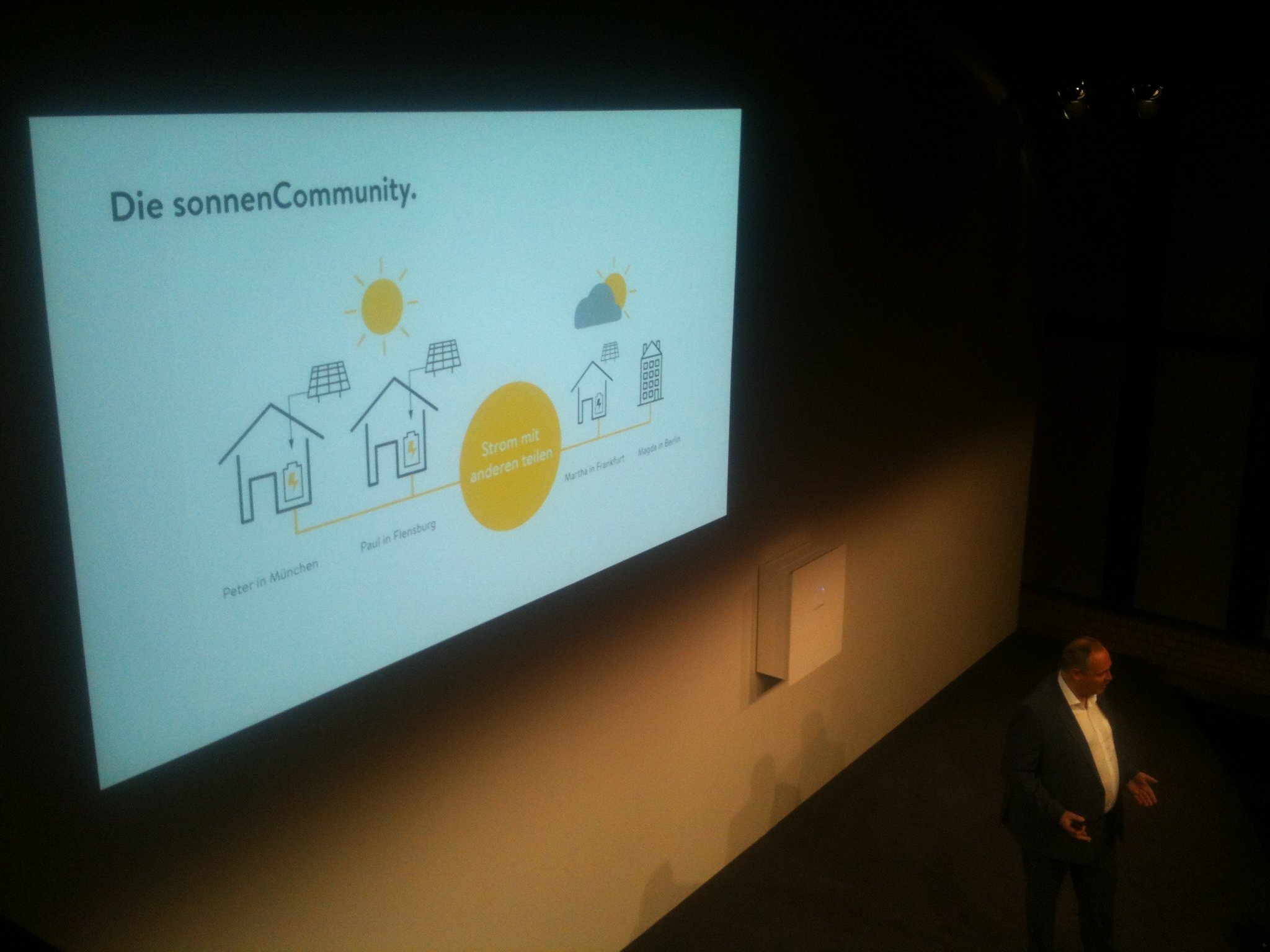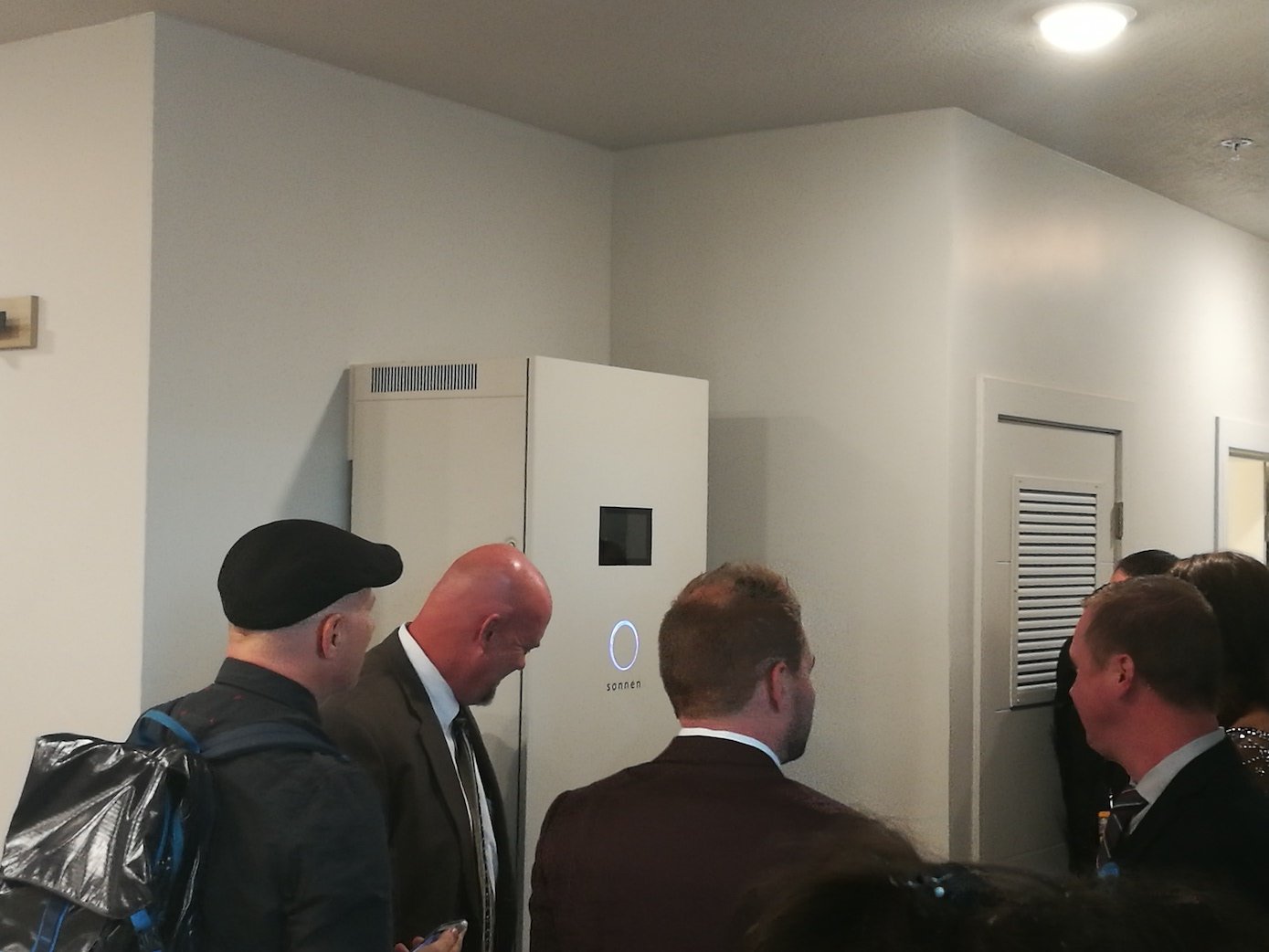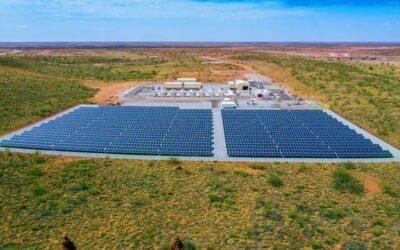
Sonnen founder Christoph Ostermann will be succeeded as CEO by chief operating officer Oliver Koch tomorrow (1 October 2020), as the Germany-headquartered energy storage system maker targets its “next growth stage”.
Koch has been at sonnen as long as Ostermann has, since the company began life in 2010. Sonnen said in a press release that he has played a crucial role in big milestones for the company, such as overseeing the start of series production of its SonnenBatterie systems and managing its expansion into Australia and the US. Ostermann will remain with the company in an advisory capacity until the end of this year.
Enjoy 12 months of exclusive analysis
- Regular insight and analysis of the industry’s biggest developments
- In-depth interviews with the industry’s leading figures
- Annual digital subscription to the PV Tech Power journal
- Discounts on Solar Media’s portfolio of events, in-person and virtual
“After more than 10 successful years at an incredible pace, the time has come for me to follow new directions. sonnen has achieved a leading position in the energy market and is strongly positioned for the future,” Ostermann said.
“With Oliver, sonnen has gained a CEO who has helped build the company up, who knows it inside out and who will successfully lead it through the next growth stage”.
Koch gave an interview to news agency Reuters in which he said that Sonnen is investing a “small double-digit million euro sum in new halls and fabrication facilities,” scaling up its activities both “at home and also grow more in international markets”.
Germany’s residential market is thought to have already deployed in excess of 200,000 battery storage systems across all providers. The economic benefit of doing so has not been the main factor – a 2019 article on this site from experts at RWTH Aachen University said that payback time could be as much as 20 years, but the market shows no sign of slowing.
Reuters however pointed out that feed-in tariff (FiT) subsidies paid for power generated by home solar systems and sold to the grid are now ending in Germany, increasing the imperative for households with PV systems to self-consume much more of their energy and use it onsite, with energy storage being an effective and convenient way to do so.
Company makes further progress on domestic behind-the-meter virtual power plants
In addition to that, sonnen, which was acquired by fossil fuel company Shell in 2019, has been one of the pioneers of creating ways that the capabilities of behind-the-meter, or customer-sited, battery storage systems can be aggregated to either allow users to pool their energy and trade with each other, as well as forming virtual power plants (VPPs) that provide many of the grid-balancing or stabilising services that large-scale thermal power plants have traditionally done.
Earlier this month, sonnen said that a trial for it to provide Frequency Containment Reserves (FCR) to the grid in Germany has been successful, in partnership with VPP company Next Kraftwerke. Essentially FCR, used throughout the European Union, sees reserves of electrical power called upon to balance supply and demand on the grid within 30 seconds of receiving a signal to do so, thus helping maintain the grid’s necessary frequency to continue operating properly.
Sonnen was the first behind-the-meter energy storage company in Germany to pre-qualify to provide another frequency-balancing ancillary service, primary control reserve (PCR), and has been doing so for two years. Next Kraftwerke and sonnen will each pool 2MW of battery capacity each into their joint VPP.
Sonnen will be responsible for aggregating and controlling the systems as well as calculating how much battery capacity is available at any given time, which Next Kraftwerke will conduct market bidding and settlement activities as well as securely connecting the battery pool to transmission system operators’ control centres and control reserve markets. According to sonnen, the pair could expand their partnership into other European territories as well as other services.
In addition to Germany, the battery storage company has already been working on virtual power plant projects in the US and Australia, including a 60MWh California project recently announced. The company varies its approach to developing such projects from market to market based on what regulations allow – for instance in Germany Sonnen is registered as a utility, promising customers the chance to go fully renewable energy with their supply, whereas in the US the battery storage player works closely with utilities and other market stakeholders such as real-estate developers. In the UK, sonnen has been instrumental in helping parent company Shell to offer a so-called Solar Storage Tariff to customers with PV panels.







